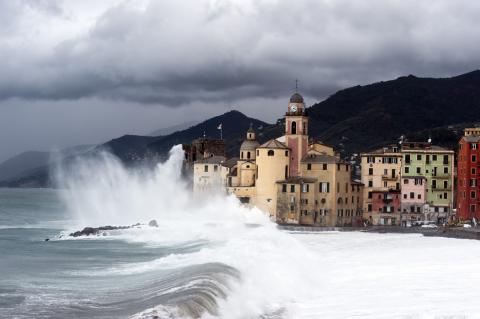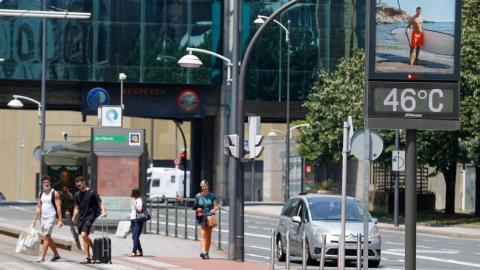Coastal cities are slow to adapt to climate change
Coastal cities around the world appear to be adapting slowly to the effects of climate change and are relying on past and present experiences rather than projections of future risks, according to a systematic review published in Nature Cities.

Leslie Mabon - ciudades costeras cambio climático EN
Leslie Mabon
Senior Lecturer in Environmental Systems at the School of Engineering and Innovation, The Open University
This study collates existing scientific research into how coastal cities globally are preparing for risks associated with a changing climate, and uses this to build a broad picture of what is known – and what is not known – about how cities on the coasts are responding to climate impacts. This study is an assessment of existing research rather than a new piece of ‘on the ground’ research itself, but that is what makes it so valuable. By working together to systematically review the studies of many researchers across the globe, the authors are able to build a big picture of how different coastal cities in different countries and regions are facing up to the effects of climate change.
What is perhaps most striking is not what the results do tell us, but what they don’t tell us. As the authors themselves acknowledge, the English-language scientific evidence base for climate adaptation action in coastal cities of less wealthy countries is far more limited in comparison to wealthier nations. As coastal cities in lower-income cities are being hit first and hardest by the effects of climate change, this is an important gap - but this isn’t to say that evidence isn’t out there. The authors quite rightly note that there may be a wealth of evidence in government reports, in work from non-governmental organisations, or in research published in language other than English which can build a fuller picture of how the most at-risk coastal cities are adapting to climate change. The international scientific community can and should do much more to tap into this rich body of evidence, and support scientists and researchers from less well-off coastal cities and countries to be able to share their climate adaptation knowledge with their peers internationally.
Dr Leslie Mabon is a Fellow of Future Earth Coasts. Future Earth Coasts is a network of researchers from academia, government and the third sector, who are committed to an applied and evidence-based response to environmental challenges in coastal regions globally. Dr Mabon is, however, commenting in an entirely personal capacity and his views are not representative of FEC, nor does he receive any funding from FEC.
- Research article
- Peer reviewed
- Systematic review



